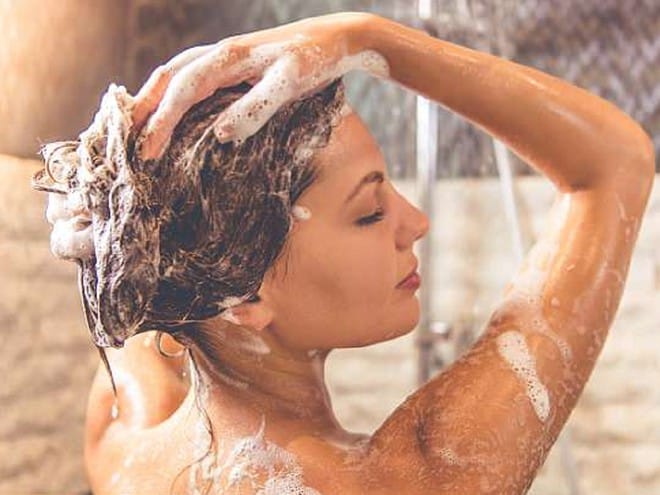
Right after a meal, the stomach starts working hard, and most of the blood flow is directed towards the stomach, reducing blood supply to other organs. However, when we bathe, the blood vessels dilate, and the skin and muscles require more blood, thereby reducing the blood supply to the stomach and negatively impacting digestion. Bathing after eating can also lead to cardiovascular issues as the body has to work harder to digest food.
Additionally, taking a cold shower at this time can be dangerous as the blood sugar levels are low, increasing the risk of fainting. Frequent bathing after meals can cause gastrointestinal issues and problems with the stomach, and for those with heart disease, high blood pressure, or high cholesterol, it can lead to complications.
What Does Ancient Medicine Say?
Ancient medicine believed that the body’s temperature increases during meals to aid digestion. However, bathing immediately after a meal lowers body temperature, thereby hindering the digestion process.
This is why bathing before sunset or at least two hours after a meal was recommended by our ancestors.
What Does Modern Science Say?
How Long Should You Wait After Eating to Bathe?
There are varying opinions on this topic. While modern science recommends waiting for at least 35 minutes after a meal, ancient medicine suggests a minimum of two hours. It is advisable to wait for two hours, especially if you are unsure about your metabolism or digestion speed.
Having a light snack can also smoothen the digestion process. Additionally, avoid eating fruits or taking a nap right after a meal, as these activities can also affect digestion. Instead, consider bathing before sitting down for a meal to kickstart your digestion.

What’s the Right Bathing Habit?
By now, you may be wondering why you haven’t faced any issues despite bathing after meals. It’s important to remember that our bodies aren’t always resilient enough to fight off all potential risks!
For those who eat dinner late, choose a suitable bathing time before bed. Avoid cold showers, as warm water will help you relax and fall asleep more easily. Keep the bathing duration short. In the morning, a quick cold shower before breakfast can be refreshing and energizing, according to research.
Additionally, a separate study found that a quick morning shower can reduce the risk of illness and boost energy levels.
In Conclusion
While bathing is essential for hygiene, timing your baths is crucial. If you’re experiencing fatigue, insomnia, or constipation, it’s time to reevaluate your daily routine. Adopt a healthy diet, avoid processed foods, and maintain regular eating habits to give your stomach sufficient time to digest meals. Develop the habit of bathing at the appropriate times mentioned above.
Wishing you good health.
Web design and development expert with over 15 years of experience. I’ve helped hundreds of businesses with their website development and online presence, ensuring sustainable growth and profitability.
The Truth About Your Aging: Questions Unveiled
“Aging gracefully, with a sharp mind and healthy body, is a goal for many of us. But do we ever pause to consider if our daily actions are truly contributing to this aspiration? It’s time to reflect and ask ourselves: are we actively nurturing our physical and mental well-being to achieve this vision of a fulfilling life?”



































